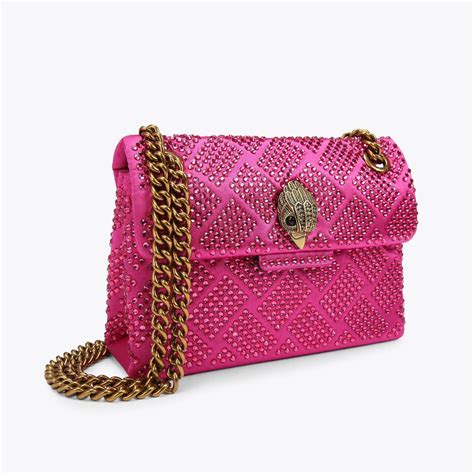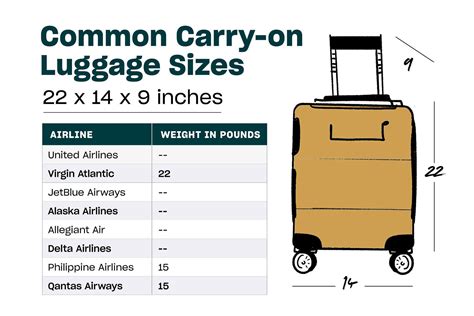miuccia prada biographie | miuccia Prada personal life
$189.00
In stock
Miuccia Bianchi Prada, a name synonymous with avant-garde fashion, intellectual design, and a revolutionary approach to luxury, is more than just a designer. She is a cultural icon, a businesswoman, and a force that has reshaped the landscape of the fashion industry. Born on May 10, 1949, in Milan, Italy, Miuccia Prada’s life has been a fascinating tapestry woven with threads of political activism, intellectual pursuits, and an unwavering commitment to challenging conventions. This biography delves into the multifaceted life of Miuccia Prada, exploring her personal life, her partnership with her husband Patrizio Bertelli, the history of the Prada empire, and her enduring legacy.
Miuccia Prada: A Personal Journey of Transformation
Born into a family of industrialists, Miuccia Prada’s early life was far from the typical trajectory of a future fashion mogul. Her parents, Luigi Bianchi and Luisa Prada, belonged to a wealthy Milanese family, but Miuccia was not destined to simply inherit the family business. Instead, she pursued her own intellectual passions, becoming deeply involved in political activism during the turbulent 1960s. This period profoundly shaped her worldview and instilled in her a desire to question established norms and to use her platform to address social and political issues.miuccia prada biographie
Miuccia’s foray into politics wasn't a fleeting interest. She was a dedicated member of the Italian Communist Party and actively participated in feminist movements. She even trained as a mime artist, using performance as a form of political expression. This unconventional background distinguishes her from many of her contemporaries in the fashion world and provides crucial context for understanding the intellectual depth and subversive edge that characterizes her designs.
While immersed in the world of political activism, Miuccia earned a PhD in Political Science from the University of Milan. This academic rigor and intellectual curiosity have consistently informed her approach to fashion, transforming it from a purely aesthetic endeavor into a platform for exploring complex social and cultural themes. It's this combination of political consciousness and intellectual prowess that sets Miuccia Prada apart and makes her designs so compelling.
Miuccia Prada Age: As of late 2023, Miuccia Prada is 74 years old. Her continued influence and creative energy at this stage in her career are a testament to her enduring passion and innovative spirit.
The Prada Dynasty: From Leather Goods to Global Empire
The history of the Prada empire is intrinsically linked to Miuccia Prada’s family legacy. The company was founded in 1913 by her grandfather, Mario Prada, as Fratelli Prada (Prada Brothers), a leather goods shop in Milan’s prestigious Galleria Vittorio Emanuele II. The shop initially specialized in high-quality leather handbags, trunks, and travel accessories, quickly gaining a reputation for its craftsmanship and attention to detail. Prada even became an official supplier to the Italian Royal Household in 1919, further solidifying its status as a luxury brand.
However, by the late 1970s, the brand was facing stagnation. Traditional leather goods were losing their appeal in the rapidly changing fashion landscape. It was at this critical juncture that Miuccia Prada stepped in, inheriting the family business in 1978. This marked a pivotal moment in Prada’s history, ushering in an era of innovation, experimentation, and unprecedented growth.
Miuccia, initially hesitant to embrace the fashion world, saw an opportunity to revitalize the brand by injecting it with her own unique perspective. She wasn't interested in simply reproducing existing styles. Instead, she sought to create something entirely new – a fusion of tradition and modernity, luxury and functionality, elegance and subversion.
Miuccia Prada and Patrizio Bertelli: A Power Couple in Fashion
Miuccia Prada's success is inextricably linked to her partnership with her husband, Patrizio Bertelli. Their relationship is a dynamic blend of creative collaboration and business acumen, making them one of the most formidable power couples in the fashion industry.
Patrizio Bertelli, a businessman with a sharp eye for detail and a relentless drive, joined Prada in the late 1970s. While Miuccia focused on design and creative direction, Bertelli took charge of the business side of the operation, streamlining production, expanding distribution, and transforming Prada into a global powerhouse.
Their relationship, however, wasn't always smooth sailing. Initially, Bertelli was a leather goods manufacturer who supplied Prada. He reportedly criticized Miuccia's early designs, pushing her to refine her vision and to embrace a more commercial approach. This initial friction ultimately proved to be a catalyst for innovation, forcing Miuccia to defend her artistic choices and to develop a strong sense of her own aesthetic.
Together, Miuccia Prada and Patrizio Bertelli have built an empire that extends far beyond the original leather goods shop. They have expanded the Prada brand to include ready-to-wear collections for men and women, shoes, accessories, fragrances, and even a line of mobile phones. They have also acquired other luxury brands, including Jil Sander, Helmut Lang, and Church's, further solidifying Prada's position as a leading player in the global fashion market.
Their collaborative approach is characterized by a healthy tension between creative vision and business pragmatism. Miuccia pushes the boundaries of design, while Bertelli ensures that the company remains financially sound and strategically positioned for growth. This dynamic has been instrumental in Prada's success, allowing it to maintain its artistic integrity while achieving commercial success.
Additional information
| Dimensions | 7.1 × 5.7 × 3.9 in |
|---|









